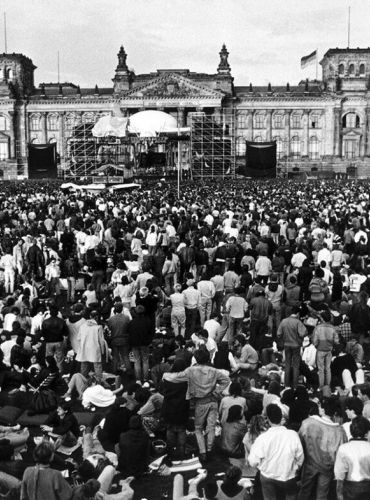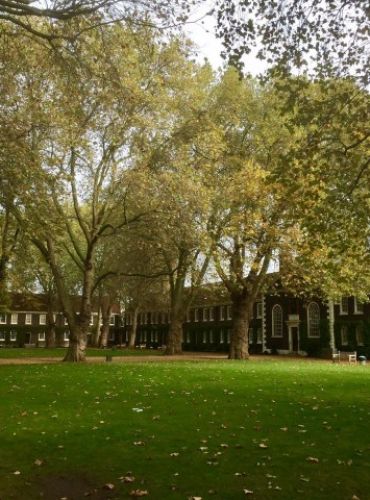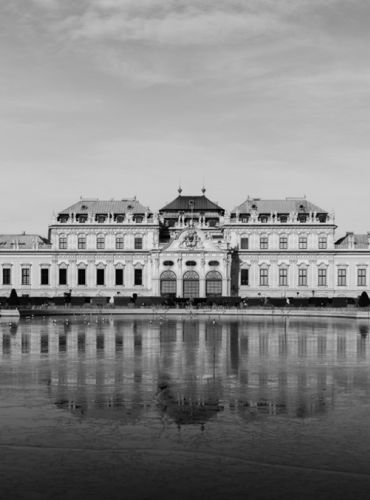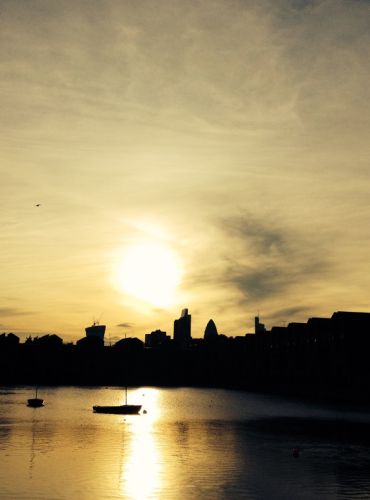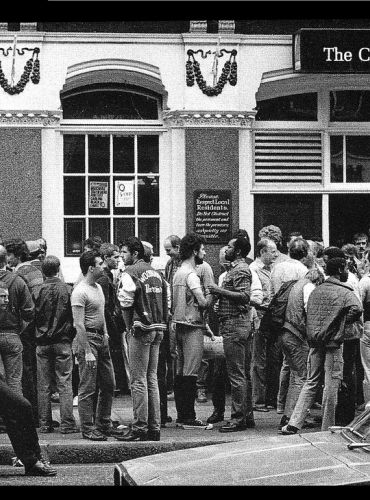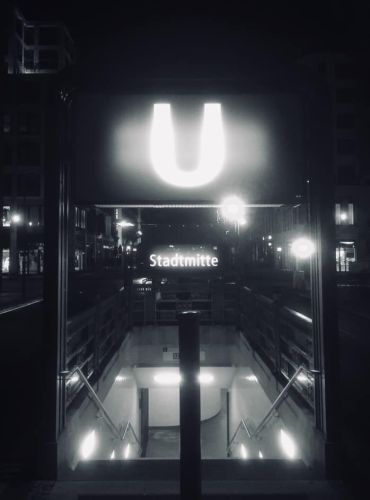From Gold to Dust

Giorgio Petti
Related articles
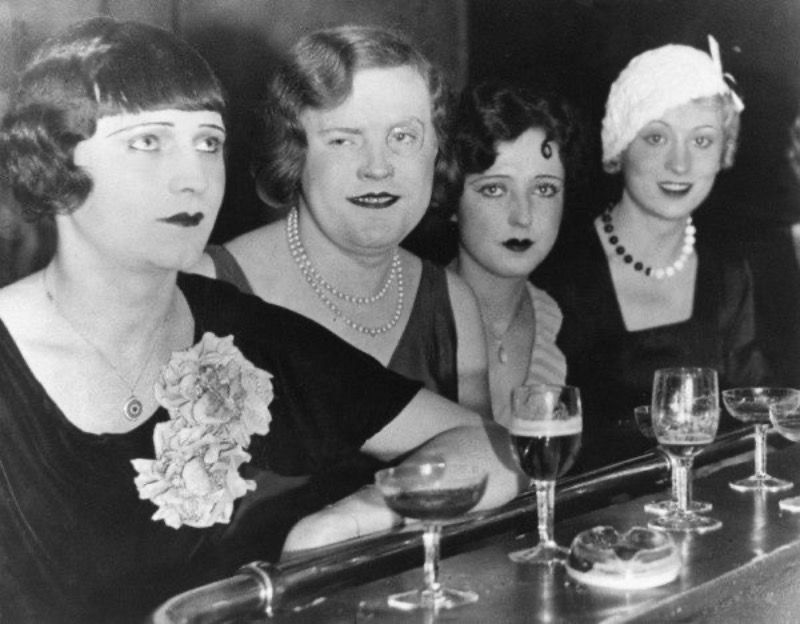
Page 1 of 3
If we asked a random sample of LGBT individuals to point out an event that in their opinion represents the beginning of the struggle for liberation and equality, most of them would probably mention the Stonewall riots of 1969. In fact we celebrate most Prides around the date of the riots themselves, in the early summer.
But without taking any relevance and importance out of this key defining moment for LGBT rights, often we forget that the first real liberation movement happened in Germany – and Berlin in particular, in the late 19th and early 20th century.
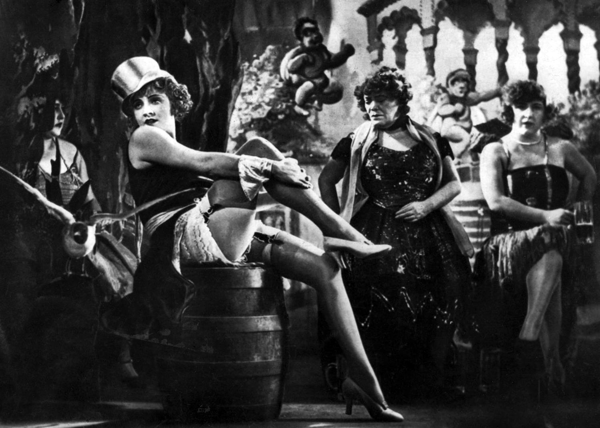
Many have read or watched movies about Berlin's 'Golden Age' of the 1920s, so vividly portrayed in the film Cabaret, starring Liza Minnelli and inspired by Christopher Isherwood's novels. Like many other gay men and women from all over the world, Isherwood moved to Berlin to enjoy what at the time felt like an inebriating level of sexual freedom. More recently the relative laissez-faire of the German capital in the late 1920s was immortalised in another successful TV series, Babylon Berlin. And it wasn't fiction: it is said that in the late 1920s there were about 100 venues catering for gay & lesbian people in Berlin alone, many around Nollendorf Platz, which is still today a key LGBT area.
But why Berlin, how did it become such a beacon of tolerance? And who are the unsung and often very much forgotten heroes of this first affirmation of LGBT freedom and pride?
The treath of Paragraph 175
A bit of context first. Even in the days of Berlin's 1920s and early 1930s glorious hedonism, sex between men was illegal. That is because of the infamous paragraph 175 of the German Penal Code. This prescription was introduced in 1871 at the time of the German unification under Prussia. The law was made much more restrictive and punitive during Nazi Germany. After the fall of Nazism and the division between East and West, the latter retained paragraph 175 in its original Nazi-reinforced form until 1994, though some modifications were made, for instance in 1969 an 'age of consent' of 21 was introduced. It is calculated that post-WWII over 50,000 people were prosecuted in West Germany under the law. East Germany abolished the Nazi amendments in 1950, so for all its faults, it is not completely without foundation to say that until its demise, Socialist DDR was less discriminating towards its LGBT citizens than the supposedly free West. But discrimination took other forms there, often related to political dissent.


